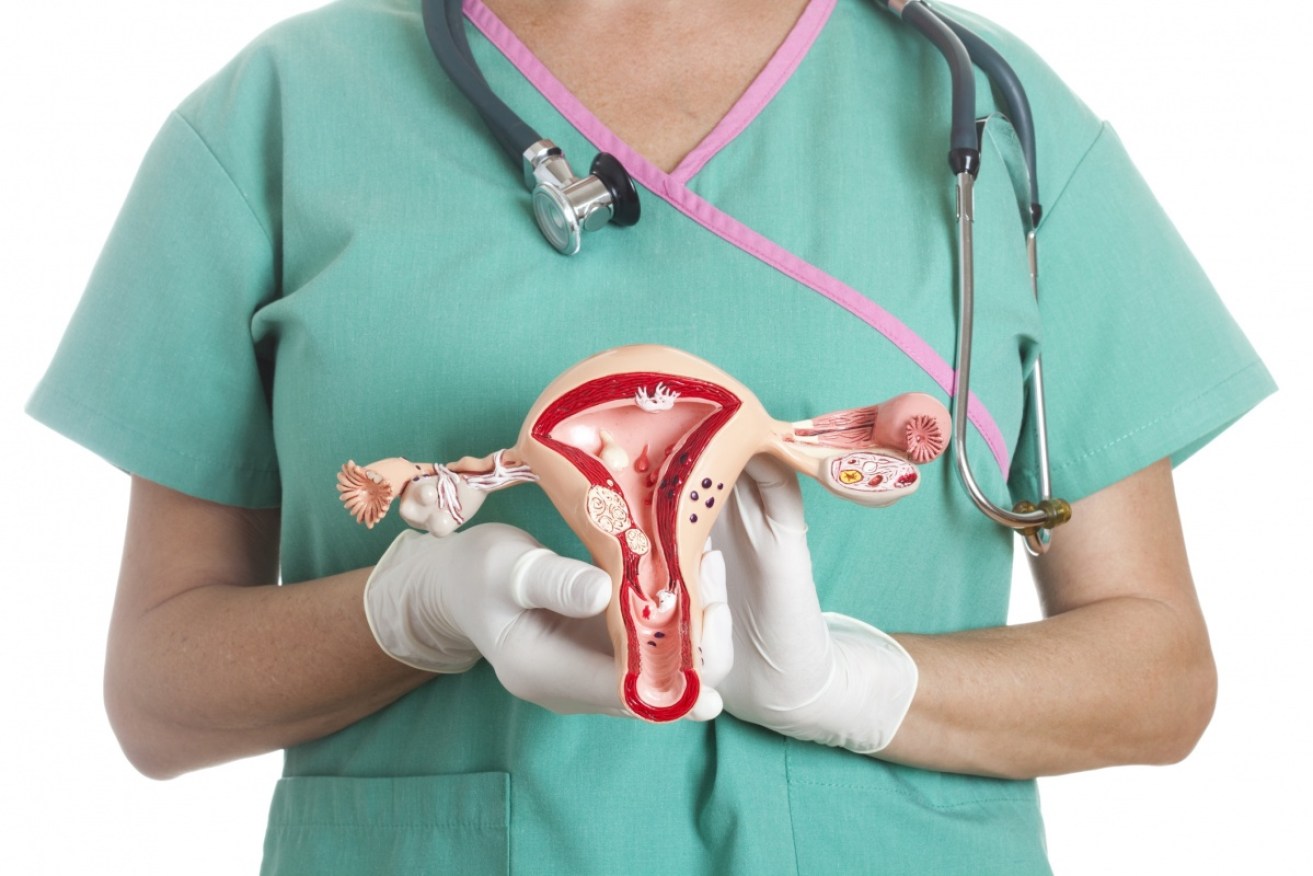Cervical cancer screenings plummet during lockdowns

Many women find cervical cancer self-testing preferable. Photo: Getty
Cervical cancer screenings have declined, with almost half of Victorian women failing to keep up with routine appointments during the pandemic.
The Cancer Council estimates about 47 per cent of tests are currently overdue.
Surveys conducted by the charity reveal many people have been hesitant to visit GPs for screening over the past two years.
“People were less likely to go and see their GP for preventative health,” Cancer Council Victoria screening head Kate Broun told AAP.
“We do anticipate, perhaps, that there are some people who have delayed cervical screening over the last couple of years.”
Estimates and guesstimates
However, precisely quantifying the number of missed cervical cancer screenings is difficult after the national program changed from requiring women to take pap smears every two years to every five.
Ballarat and District Aboriginal Co-operative cervical screening nurse Sandy Anderson said she had noticed a drop off in routine appointments.
“That’s complicated by the fact that already we know that somewhere around a third of women are not getting their regular screening, or haven’t started getting screened,” she told AAP.
Many women are eligible for self-collection, which means they can conduct cervical screenings on themselves at a doctor’s office using a cotton bud, rather than having a GP insert a speculum.
Self-collection is available to all people with a cervix aged over 30 who are overdue for a cervical screening by more than two years or have never been screened.
This will be extended to everyone from July 1 next year.
But a recent Cancer Council Victoria study found only 15 per cent of respondents had heard of self-collection as an option.
Ms Anderson said one of her patients had received 16 pap smears in the past and was “delighted” to hear she could do the test herself.
“That’s a common reaction before women come in, after they’ve tried it they say ‘that was so easy, I never want to have a speculum exam again’,” she said.
‘Able to be in control’
Some of her Aboriginal and Torres Strait Islander patients, particularly those who had experienced abuse, felt much more comfortable using self-collection, she said.
“They said, ‘I was able to be in control and that was important to me’. It’s so important that women are informed it is something they can access,” Ms Anderson said.
Ms Broun said self-collection can help reduce a person’s risk of developing cervical cancer by 40 per cent, and hopes to spread more awareness about the option.
“It’s nearly impossible to get wrong and we know from the data it is just as effective at detecting HPV (human papillomavirus) as a practitioner taking the test,” she said.
“We need to reach those groups who are more hesitant to screen, or less likely to screen. It could be for a range of reasons – cultural barriers, for shame or embarrassment, previous negative experience.
“We hope this option will encourage them to screen.”
Ms Broun urged anyone who was unsure about whether they were due for a cervical cancer screening, or had noticed any changes to their body, to visit a GP for a check.
-AAP








